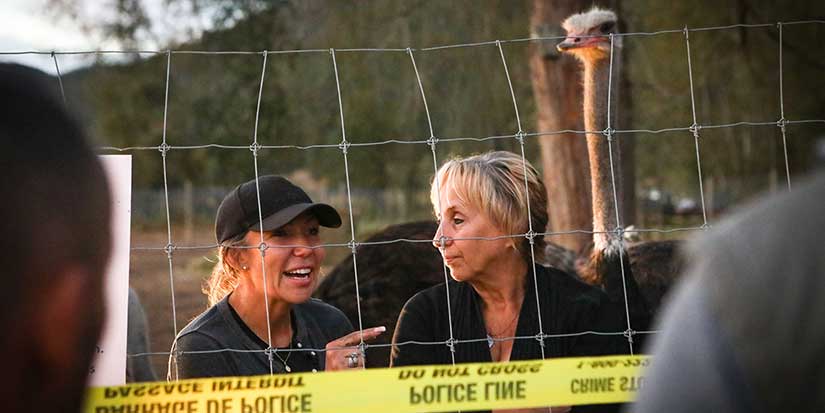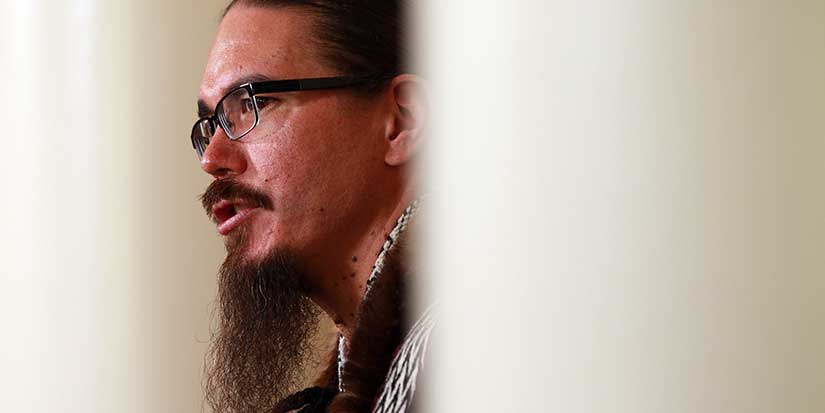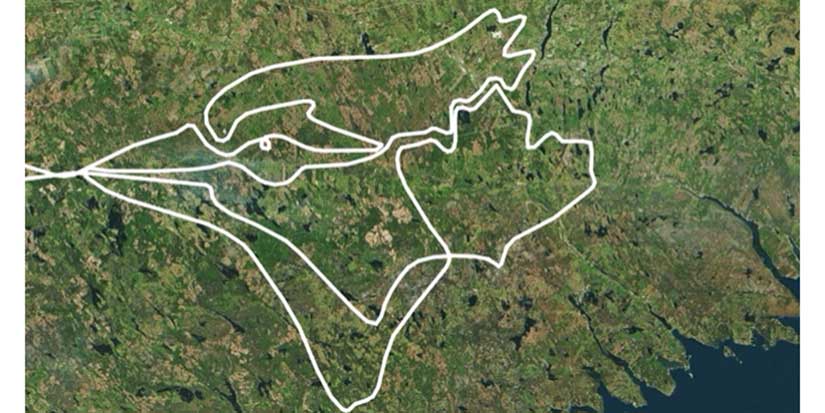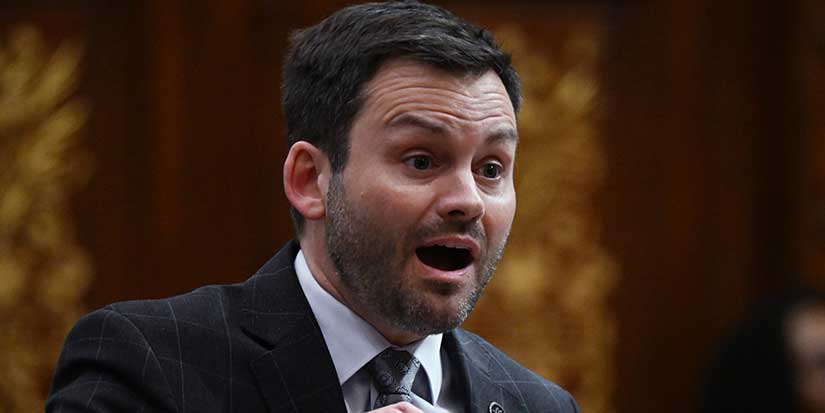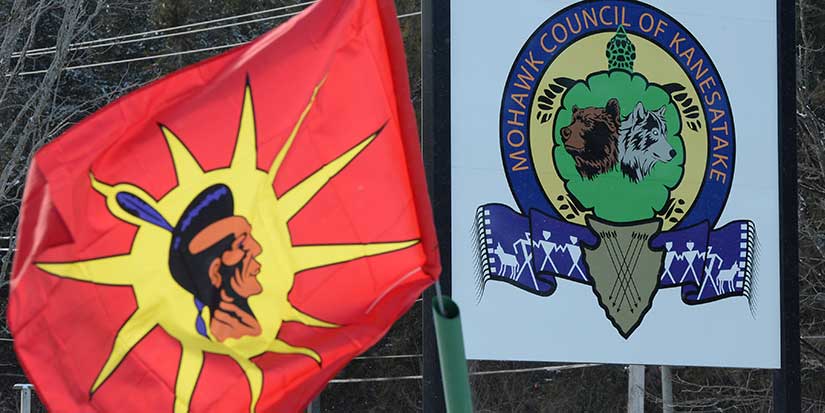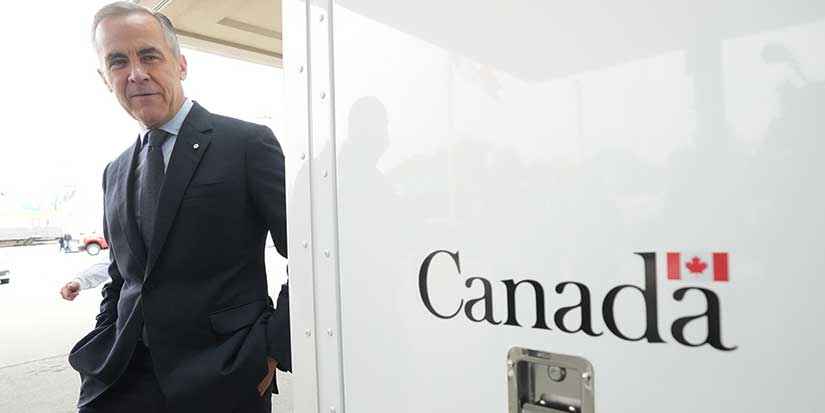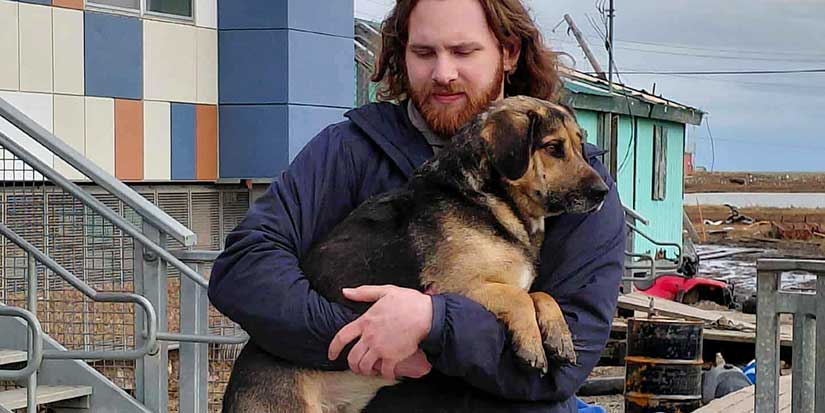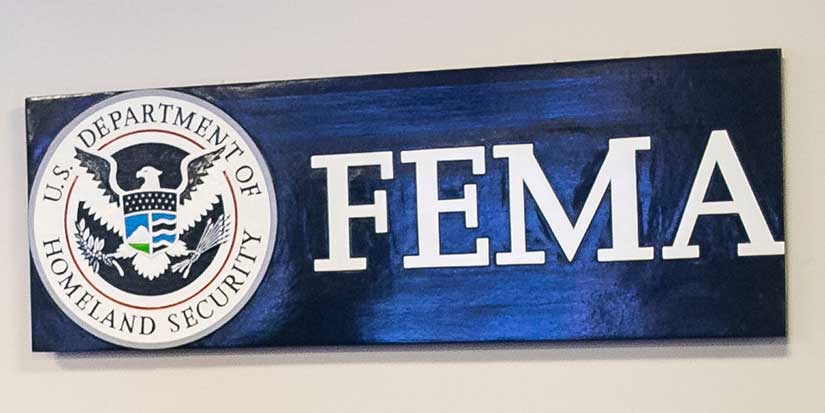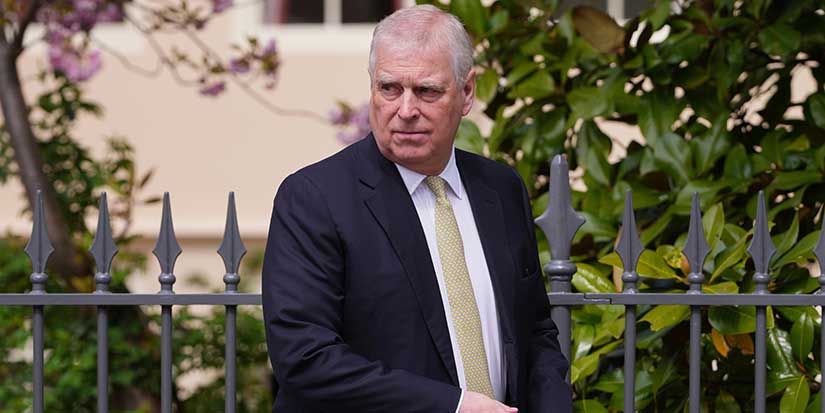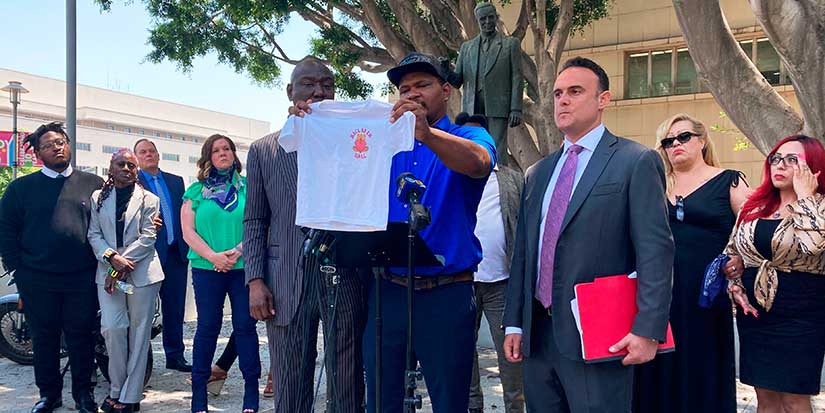Latest News
COVID-19 on the rise in B.C. again

By Hannah Scott, Local Journalism Initiative reporter
Published 3:03 PDT, Fri July 23, 2021
Last Updated: 5:24 PDT, Mon July 26, 2021
—
New COVID-19 cases in B.C. continue to rise, with 112 reported today—the highest since June 17. Six of today’s cases are epidemiologically linked, and the province’s cumulative total has reached 148,842.
Of the new cases, 15 are in the Vancouver Coastal Health region (including Richmond), 30 in the Fraser Health region, five in the Island Health region, 59 in the Interior Health region, three in the Northern Health region and no new cases of people who reside outside of Canada.
With new daily cases on the rise, the seven-day rolling average is up to 73. This is twice the number seen last year on the same day—when the seven-day average was 32.
On July 23, 2020 there were 304 active cases and 16 people hospitalized, three of whom were in intensive care. There had been one death over the past week.
In comparison, today there are 603 active cases and 46 people hospitalized, 17 of whom are in intensive care. Six people have passed away in the last week due to COVID-19, including four since yesterday.
Today’s active case count was updated to reflect the removal of 239 historic cases from the province’s total. A release from the province says the cases removed “reflect B.C. residents who tested positive for COVID-19, but did not fall under the case and contact followup program in their home health authorities. Examples include cases who tested positive while staying out of province, or who were under the federal quarantine program.”
As the daily case numbers in B.C. creep upwards again—after reaching a low of just 20 on July 5 of this year—Richmond’s medical health officer Dr. Meena Dawar says wondering what to expect this fall is an important question.
“Every fall we see respiratory illness—it’s the season for flu,” she says. “It remains to be seen about flu. We’re likely to (have) respiratory viruses back.”
She says the high immunization rate in Canada has “taken the heat out of the virus, in a way.” The virus causes more milder illness in many people, as opposed to resulting in widespread hospitalization. Any changes in guidance will come from the province in response to changing data.
The province also reported today that 6,422,503 doses of Pfizer-BioNTech, Moderna and AstraZeneca COVID-19 vaccines have been administered in B.C.; 2,692,024 of those are second doses.
This means that 81.3 per cent of adults and 80.3 per cent of people aged 12 and older have received their first dose of a vaccine. In addition, 61.4 per cent of adults and 58.1 per cent of those aged 12 and older have received two doses.
As second COVID-19 vaccine doses increase province-wide, Dawar says receiving two doses is crucial to protection. Speaking earlier this month to the city’s COVID-19 task force, she added that with companies doing vaccine trials for children under the age of 12, it’s “a matter of time” before these are approved for youngsters.
“The (more infectious) Delta variant is the latest in this chapter,” she added. “Two doses of vaccine offer great protection against the Delta variant. One dose is less than optimal.”
The Delta variant, also known as B.1.617.2, was first detected in India. According to B.C. Centre for Disease Control data, Delta cases made up just eight per cent of variant cases across the province between June 27 and July 3. But the last variant report released by the province revealed that that proportion has increased to 33 per cent between July 4 and 10.
Active outbreaks continue at one long-term care facility and one acute care facility.
For the latest medical updates, including case counts, prevention, risks and to find a testing centre near you: http://www.bccdc.ca/ or follow @CDCofBC on Twitter.
—With files from Lorraine Graves












